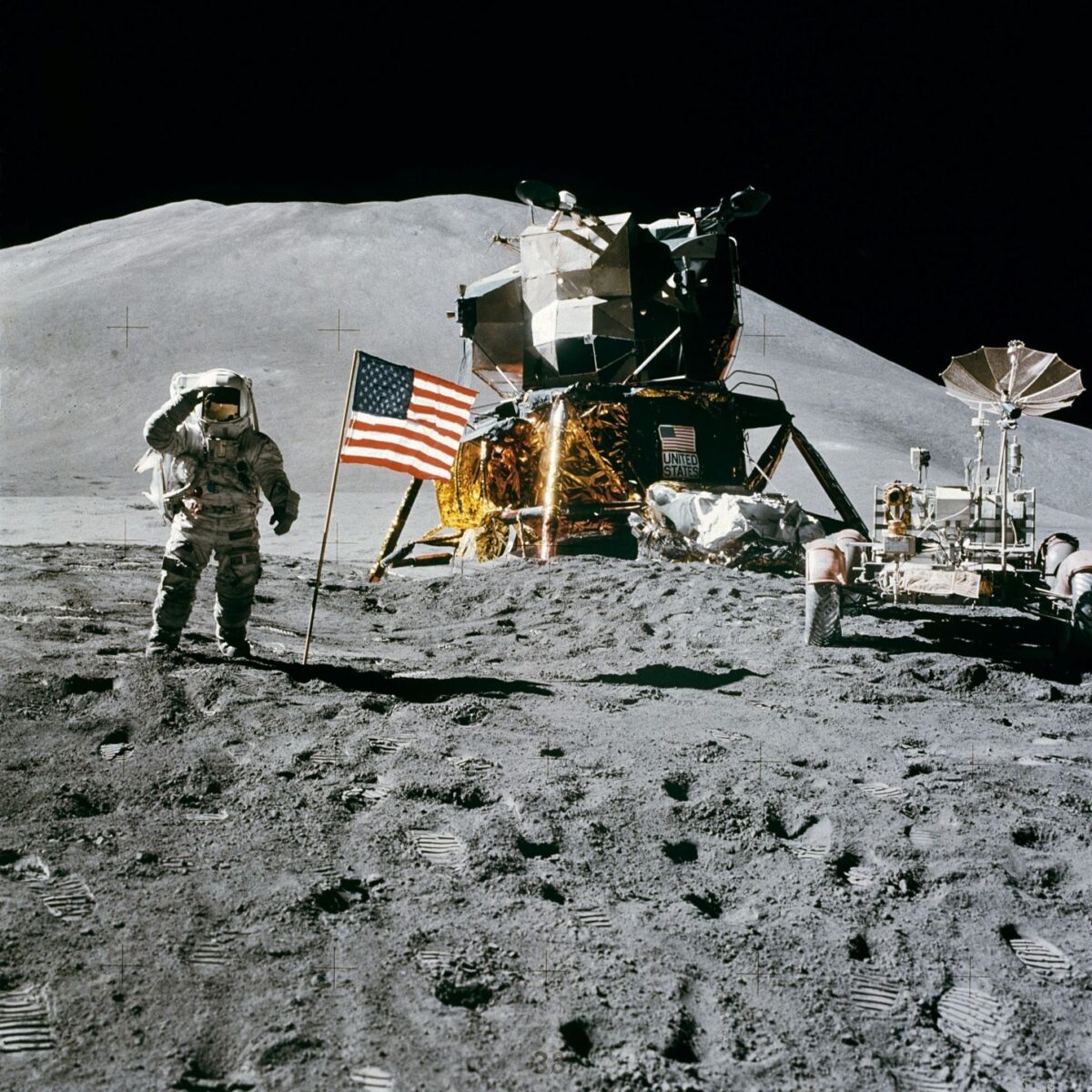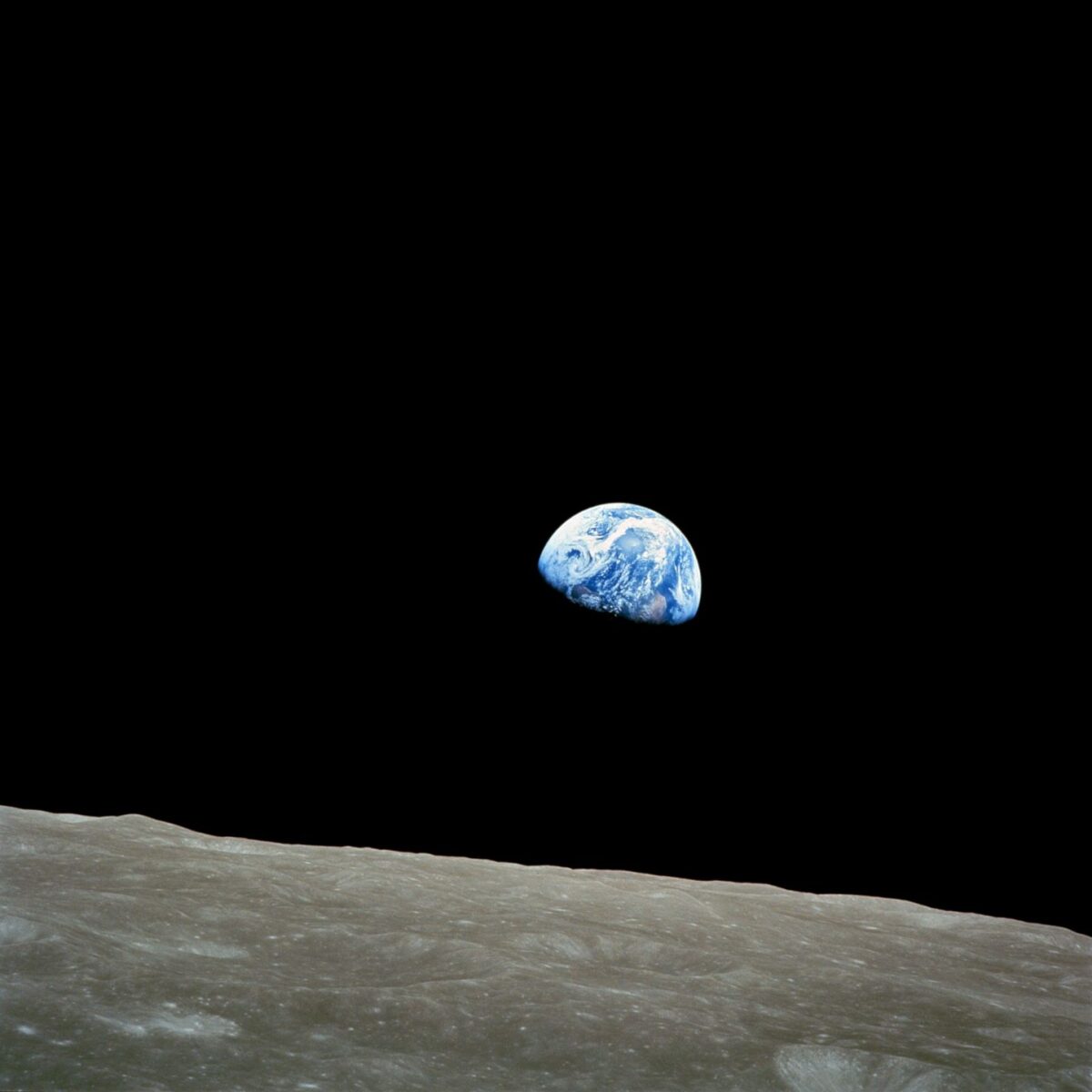Photo by Pixabay
Building a lunar outpost has long detained humanity’s imagination. What would be the benefits to society that moon exploration could bring?
Are Earth’s endless biodiversity, fresh air, and the stable average temperature getting you down? Ever wanted to drop everything and set off to a place where life is nonexistent or more straightforward? Then take that 238,900-mile jaunt to the solar system’s launch deserted destination: The moon.
Sounds heavenly? Unfortunately, it’ll take much more than a simple rocket trip to achieve lunar paradise. And the first people to set up shop on the moon probably won’t be building vacation homes and resorts —as of now, NASA wants to create what’s a gas station for future trips to Mars.
According to astronauts, the moon’s lack of a genuine atmosphere does have somewhat of a “pseudo-atmosphere” called an exosphere. This is a magnetically suspended mix of particles and gasses stirred up from the lunar surface by the solar wind. But the elements that make up breathable air float around the moon at tiny concentrations compared to Earth. Taking a deep breath would be just as deadly on the moon as in the vacuum of space.
There’s also the issue of gravity: the moon is only about 1/6th of Earth’s. Given what people know about the effects of long-term weightlessness on astronauts, lunar residents would have to take precautions to keep healthy. Exposure to microgravity on the International Space Station (ISS) has been shown to accelerate bone and muscle loss and create cardiovascular issues because working against gravity is part of what keeps our bodies fit. That’s why astronauts on the ISS spend hours a day exercising to compensate for their absence. While the moon’s lack of gravity isn’t quite as extreme, experts say living long-term in any environment with reduced gravity could be detrimental to human health.
Despite these problems identified during the moon explorations, people continue to look for ways to live on the moon. Here are the reasons why:
Enhance engineering and technological capabilities. The moon presents numerous exciting engineering challenges. It is an excellent place to test flight technologies and capabilities, life support systems, and exploration techniques to decrease the risks and increase the productivity of the future mission. Humankind’s journey will provide everyone with the first experience of living and working in another world, allowing people to test advanced materials and equipment in space’s temperature and radiation extremes. People will learn how to best employ robots to explore remote locations, support human tasks, and gather information in potentially unstable regions.
Medical Researchers. Keeping astronauts healthy in a higher-radiation and lower-gravity environment than Earth is a vital challenge for medical researchers. The potential advantages to all humans are tremendous in terms of preventing and treating bone and muscle loss and some cancers. Other advances in medicine will follow!
Exploration of the moon’s resources also creates new business opportunities for technological innovations, applications, and utilization of new resources. There were minerals found on the moon that are called lunar minerals. Mineral resources are significant because these minerals exhibit a wide range of industrially important electrical, optical, magnetic, and catalytic properties.
A base for further exploration. Finally, establishing moon outposts enables adventurers and explorers to extend settlement and investigation to moons and planets beyond Earth. There is a whole universe of unknowns waiting for humanity to investigate!
Sci-fi novels such as “Moon Luck” by Scott Harral narrate the story of astronauts living on the moon for extended periods. It is also the story of the astronaut scientists and astronaut explorers as they grow plants on the moon, explore and find mineral ores, conduct experiments and research, and develop animosities and close relationships. When one of the base’s senior members dies in what seems to be an accident, the story follows the trail to discover the actual perpetrator, leaving us with the question: Is it murder if it happens on the moon?
Why do you think humanity should journey to the moon and ahead?
Moon exploration is a global undertaking. It provides a shared challenge that requires investment by many nations. Success in one’s journey to the moon and beyond requires the involvement and preparation of every scientist in different fields of expertise, such as; planetary scientists, engineers, medical researchers, physicists, chemists, mathematicians, mechanics, materials scientists, architects, doctors, communications and safety specialists, computer programmers, and many others. So be part of the journey as this would benefit the future generations of humankind.




